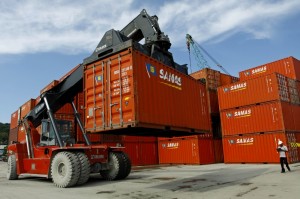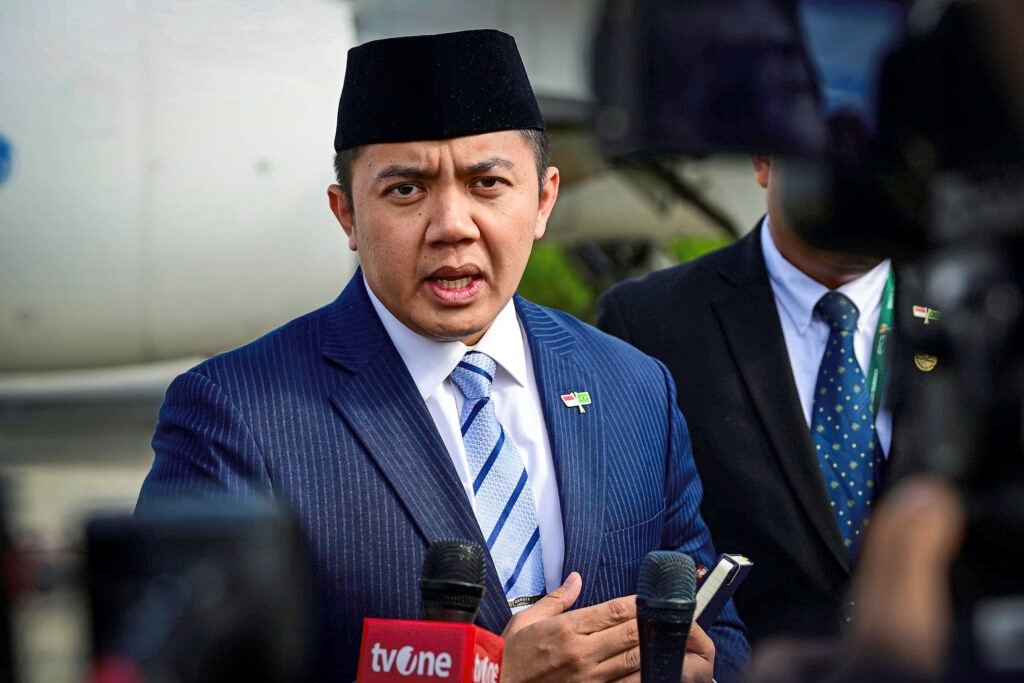Govt Issues Regulation on National Export Financing
 President Joko Jokowi Widodo on 18 June, 2019 signed Government Regulation (PP) Number 43 of 2019 on General Policy for National Export Financing. The Regulation aims to support national economy through foreign trade sector and increase national exports.
President Joko Jokowi Widodo on 18 June, 2019 signed Government Regulation (PP) Number 43 of 2019 on General Policy for National Export Financing. The Regulation aims to support national economy through foreign trade sector and increase national exports.
The Regulation states that General Policy for National Export Financing aims to: a. create good business climate to increase national export; b. accelerate the increase of national export; c help improving national production capabilities that are highly competitive and have advantages for exports; and d. support the development of micro, small, medium enterprises and cooperative to develop export-oriented products.
The strategy for National Export Financing is directed at activities to: a. generate foreign exchange; b. save national foreign exchange; and/or c. increase national production capacity.
The Regulation is intended for Exporters which include: a. micro small and medium enterprises; b. export-oriented medium business, which has annual sales greater than Rp50,000,000,000 (fifty billion rupiah) – Rp500,000,000,000.00 (five hundred billion rupiah); c. cooperative; and d. other business actors, namely business actors that have annual sales greater than Rp500,000,000,000.00 (five hundred billion rupiahs) other than cooperatives.
“National Export Financing supports the development of existing Exporters’ businesses and produces new Exporters,” Article 6 paragraph (1) of this Regulation reads.
According to Article 8 of the Regulation, National Export Financing that is available for Exporters can be implemented through: a. direct financing; b. financing of nucleus estate; c. financing to Financial Services Institutions that provide financing to Exporters; d. financing to supply chain financing; and/or e. financing, guarantee, and other insurance schemes in accordance with the provisions of law.
“National Export Financing, in order to increase national production capacity, is carried out through financing, guarantees, insurance and other policies in the development of processing industries and service providers in the country to produce export-oriented goods and/or services,” Article 13 of the Regulation reads.
According to the Regulation, the Indonesian Export Financing Institution (LPEI) provides facilities in the form of: a. financing; b. guarantee; and/or c. insurance.
In addition to providing the aforementioned facilities, the LPEI can carry out activities in the form of: a. providing consulting services; b. restructuring National Export Financing; c. reinsurance; d. venture capital; and/or e. other activities that support LPEI’s functions, duties, and authority in accordance with provisions of law.
“In providing facilities as referred to in paragraph (1) and carrying out activities as intended, LPEI can fill the market gap,” Article 16 paragraph (3) of the Regulation reads.
The aforementioned facilities and activities can be provided to Exporters who do: a. direct and indirect export; and/or b. export-supporting activities.
The Regulation also stipulates that the facilities and activities therein can be provided to Exporters who are domiciled outside the territory of the Republic of Indonesia, and can also be provided to new business/ startup and that the LPEI can provide National Export Financing to specific Exporters to reduce economic disparities among regions.
“The aforementioned facilities and activities can be implemented based on sharia principles,” Article 20 paragraph (1) reads.
In implementing the National Export Financing, the LPEI can work with Financial Services Institutions. “The cooperation can be established with Financial Services Institutions at home and/or abroad,” Article 28 paragraph (2) of the Regulation reads.
To support the LPEI’s role in implementing National Export Financing, the LPEI can: a. involve in money market transactions; b. receive and report foreign exchange from export; c. do hedging; in accordance with the provisions of law.
In addition to its role as an export and import bank, the LPEI also functions as an export credit agency for the Republic of Indonesia through cooperation with export and import bank and export credit agencies from other countries.
“This Government Regulation shall come into force on the date of promulgation,” Article 37 of the Government Regulation reads. The Government Regulation was promulgated by Minister of Law and Human Rights Yasonna H. Laoly on 25 June, 2019. (Pusdatin/ES)
Translated by: Ridwan Ibadurrohman
Edited by: Mia Medyana








